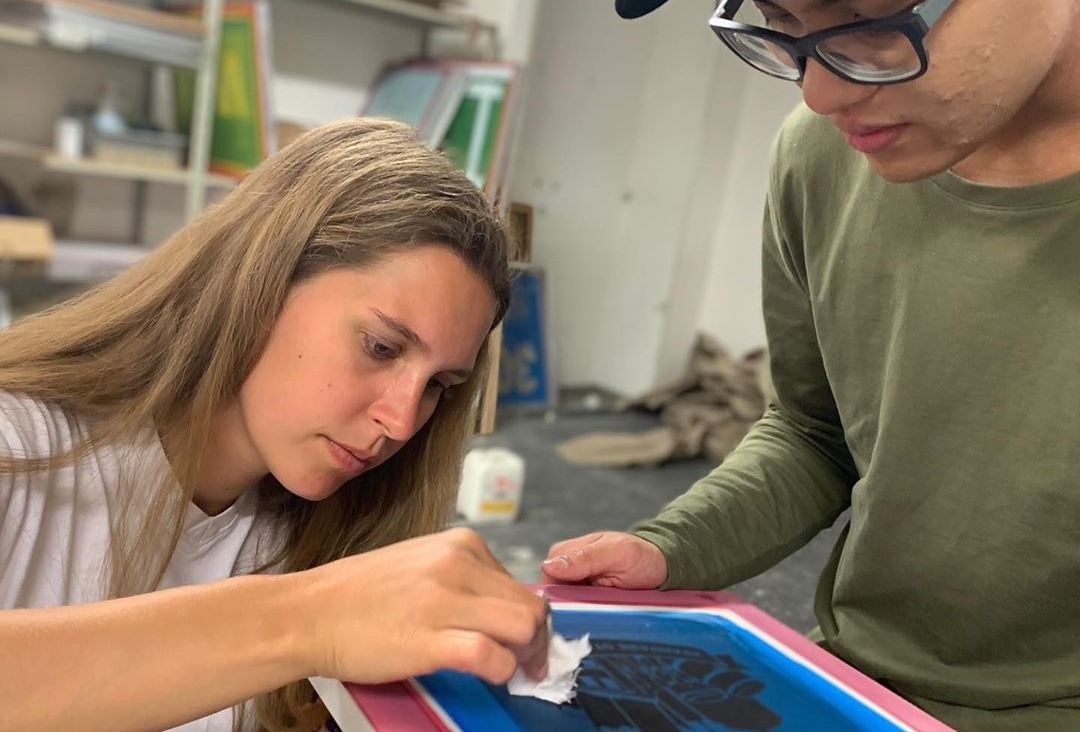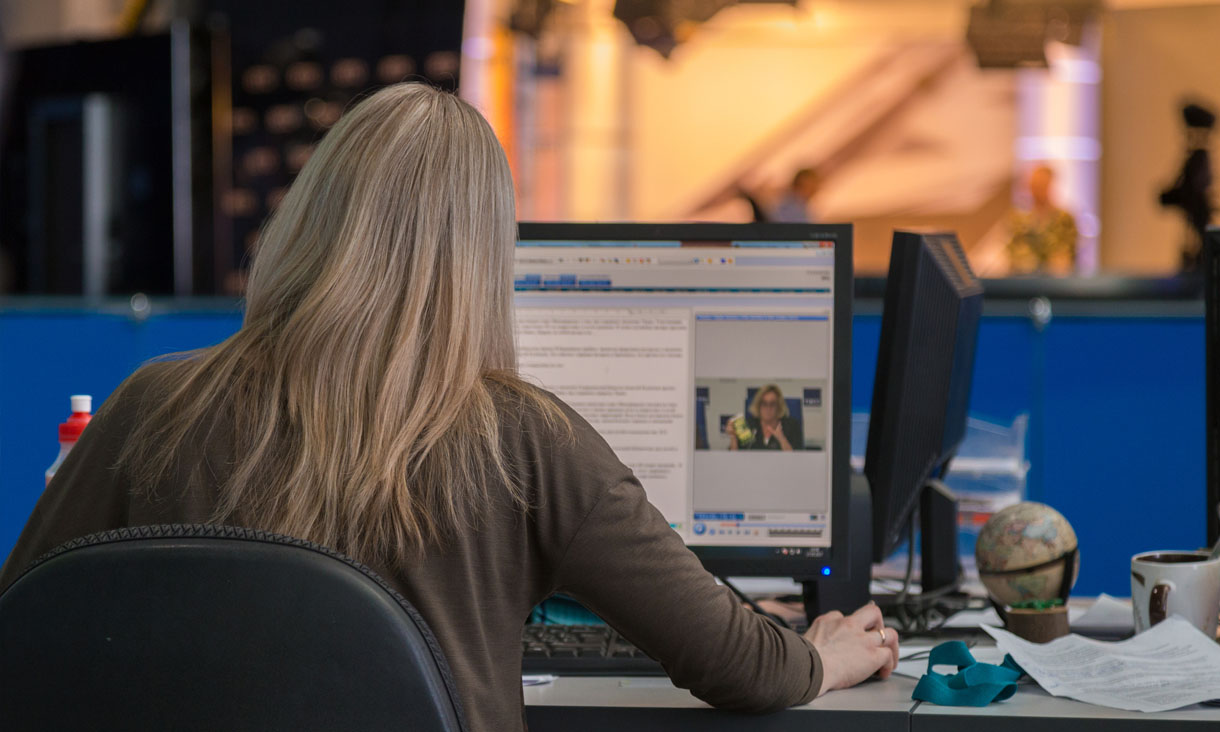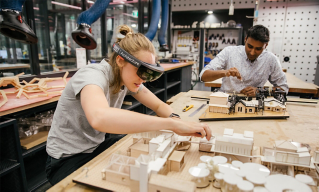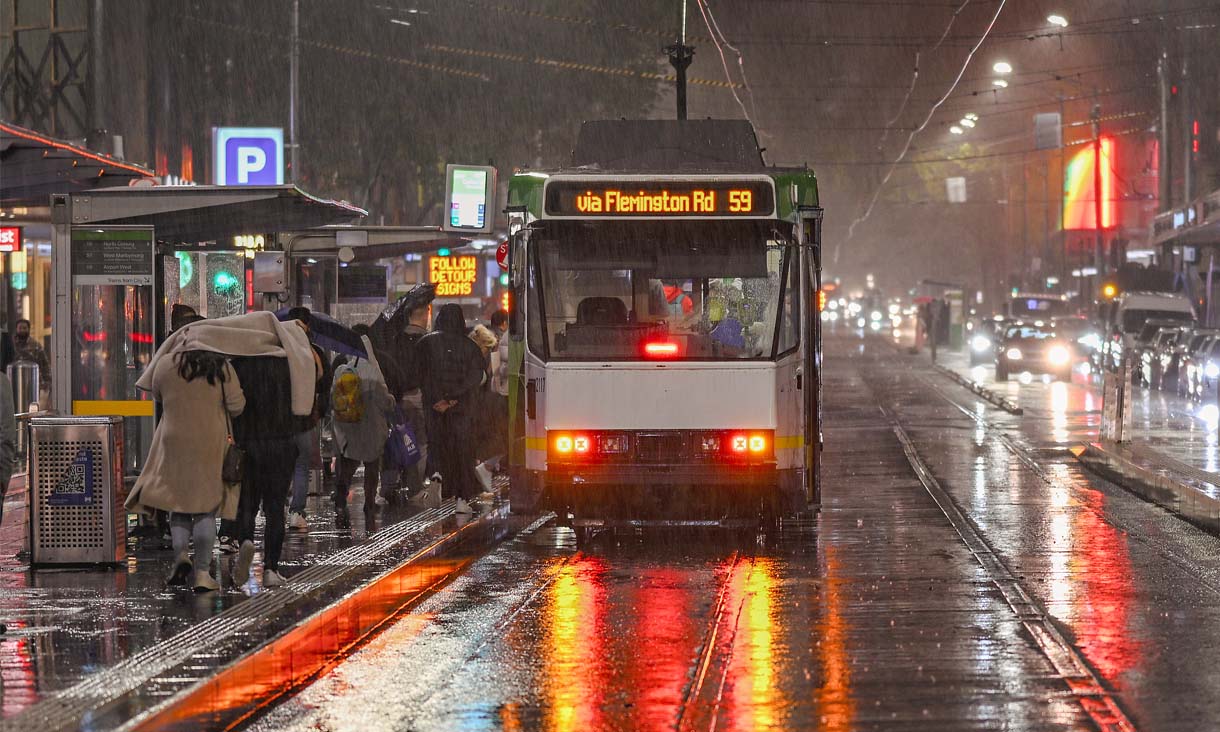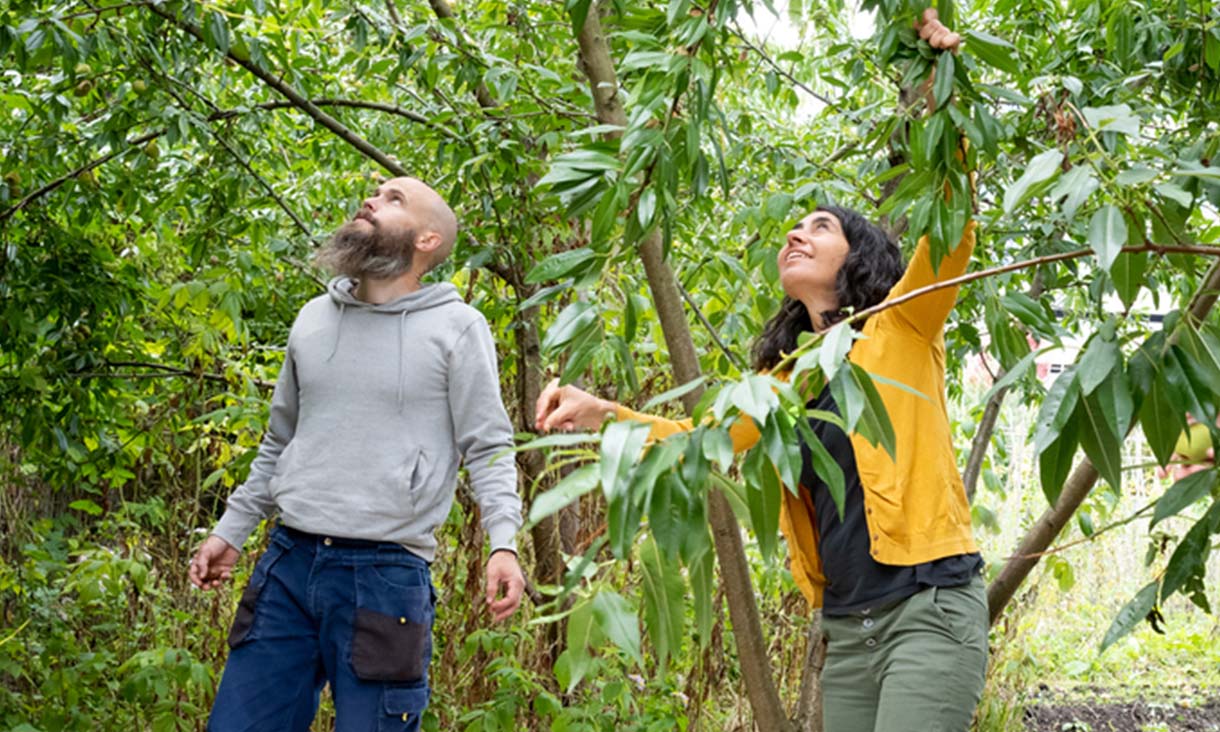The student collaboration between the two universities presented opportunities to see how processes might converge or diverge as well as seeing new ways of learning to approach design challenges.
RMIT student Jerome Lewis said the project involved building scale models and virtual reality walkthroughs to test and develop ideas, allowing them to hit the ground running when it was time for the construction in Cologne.
"We were interested in how our pop-up Brauhaus could be used to help address issues of the modern world, such as the increasing social isolation faced by many due to changes in lifestyle, economy and urban living.
"We asked ourselves how can design be used to foster positive face-to-face interactions between people as well as facilitate relationships to help establish robust local communities," he said.
The scope of the project encompassed design, social and cultural history as well as explored contemporary concerns – working to address these through design, marketing and business strategies for the pop-up Brauhaus.
The student groups also developed furniture, wall paintings, tableware, serving utensils and lighting – all inspired by the Bauhaus movement.
It resulted in a rich cultural exchange with many learning outcomes including the challenge of students working collaboratively to build a real project within a short period of time, said RMIT's Wagenfeld from the University's School of Design.
"It's a tremendous outcome for the students to stand back and see what they have achieved and created," he said.
For the students, there were many highlights of this global experience.
Lewis said he most enjoyed working with his peers at both RMIT and KISD.
"There is no doubt that from this experience, both personal and professional relationships have been built that will last a lifetime," he said.
“Realising our ability to diligently focus on the tasks at hand and produce results, despite the demand for attention to detail at all angles, has been incredibly rewarding.
"Every minute of it has been an absolute blast,"Lewis said.
Follow from Bauhaus to Brauhaus on Instagram.
Story: Sara Bosch Brinques and Karen Matthews

